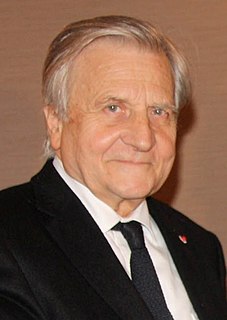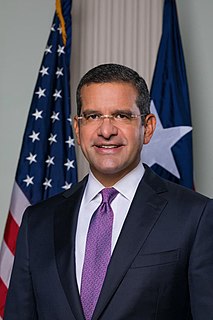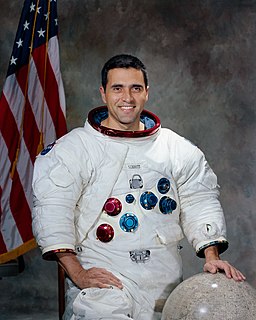A Quote by Walter E. Williams
Try this thought experiment. Pretend you're a tyrant. Among your many liberty-destroying objectives are extermination of blacks, Jews and Catholics. Which would you prefer, a United States with political power centralized in Washington, powerful government agencies with detailed information on Americans and compliant states or power widely dispersed over 50 states, thousands of local jurisdictions and a limited federal government?
Quote Topics
Agencies
Among
Blacks
Catholics
Centralized
Destroying
Detailed
Experiment
Extermination
Federal
Federal Government
Government
Government Agencies
Information
Jews
Liberty
Limited
Local
Many
Objectives
Over
Over 50
Political
Political Power
Power
Powerful
Powerful Government
Prefer
Pretend
States
Thought
Thousands
Try
Tyrant
United
United States
Washington
Which
Widely
Would
Your
Related Quotes
It is federal, because it is the government of States united in a political union, in contradistinction to a government of individuals, that is, by what is usually called, a social compact. To express it more concisely, it is federal and not national because it is the government of a community of States, and not the government of a single State or Nation.
Our Founding Fathers well understood that concentrated power is the enemy of liberty and the rights of man. They knew that the American experiment in individual liberty, free enterprise and republican self-government could succeed only if power were widely distributed. And since in any society social and political power flow from economic power, they saw that wealth and property would have to be widely distributed among the people of the country. The truth of this insight is immediately apparent.
I have long been in favor of a balanced budget restriction at the level of the federal government of the United States. Because the federal government has money-creating powers it can, in fact, be very damaging if it runs a series of budget deficits. With the state government in the United States, they don't have money-creating powers. The automatic discipline imposed by the fact that they are in a common monetary unit and don't have control over the money power means that the balanced budget restriction is less needed.
Nothing in the Constitution of the United States gives the Congress or the Executive Branch the power to attempt the task of regulating climate, as impossible as that would be under any realistic scenarios. No national security emergency exists relative to climate that would warrant increased governmental control of energy production. Today's Americans have an obligation to future Americans to elect leaders who do not believe in an omnipotent government but believe, as did the Founders, in limited government, and in the preservation of liberty and the natural rights of the people.
One of the basic philosophical tenets of conservatism - which says that the more power devolves from the federal government to the states, the greater individual freedom grows - is just flatly contradicted by crucial junctures in the country's life, most conspicuously in the 1860s and 1960s, when it's been the federal government that's interceded against the states to secure individual freedom.
I consider the government of the United States as interdicted by the Constitution from intermeddling with religious institutions, their doctrines, discipline, or exercises. This results not only from the provision that no law shall be made respecting the establishment or free exercise of religion, but from that also which reserves to the States the powers not delegated to the United States. Certainly, no power to prescribe any religious exercise or to assume authority in any religious discipline has been delegated to the General Government. It must then rest with the States.
There simply is no greater threat to individual liberty and the viability of our great nation than the threat that comes from the continued consolidation of power in Washington, a consolidation that flies in the face of the division of power between the federal government and the states that is required by the Constitution.
I feel that if people investigate the emergence of government, of State power - if they examine the logic of State power historically, and more specifically in the United States - they will find that the concept of limited government is not tenable once they adopt some type of libertarian principle.
To hold that Congress has general police power would be to hold that it may accomplish objects not intrusted to the general government, and to defeat the operation of the 10th Amendment, declaring that 'the powers not delegated to the United States by the Constitution, nor prohibited by it to the states, are reserved to the states respectively, or to the people.





































